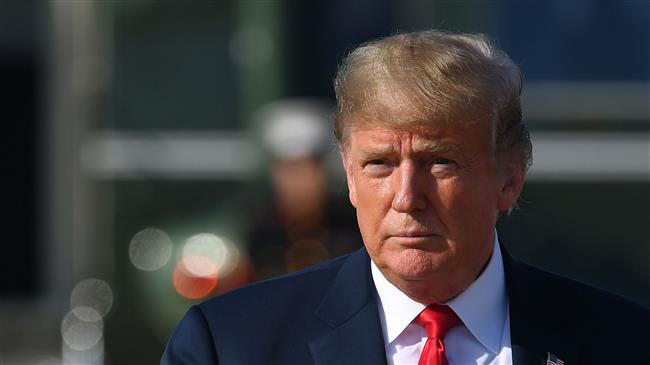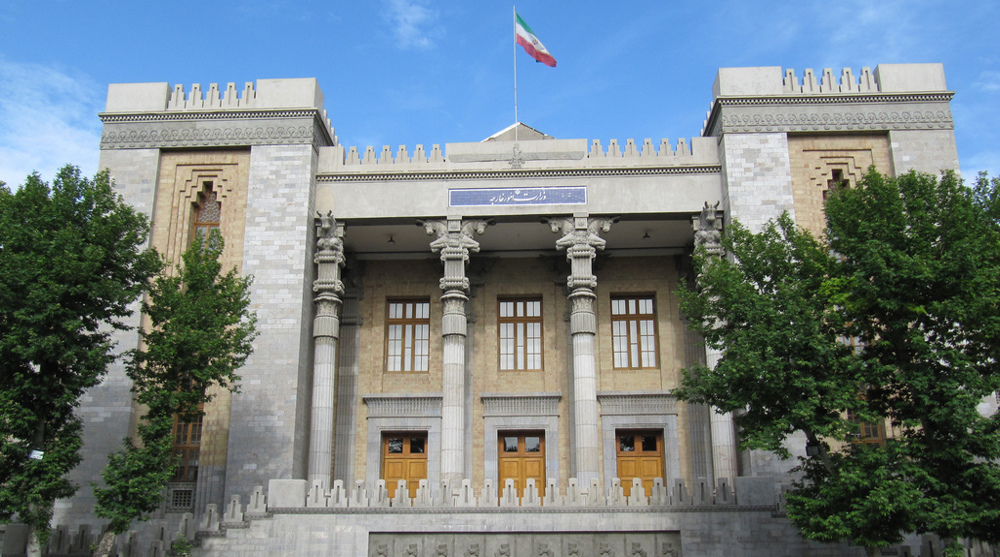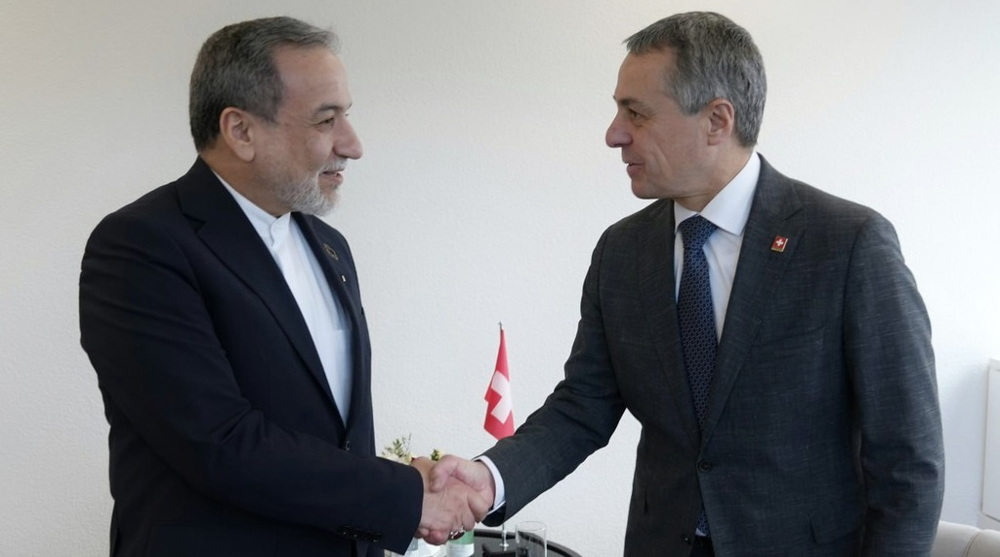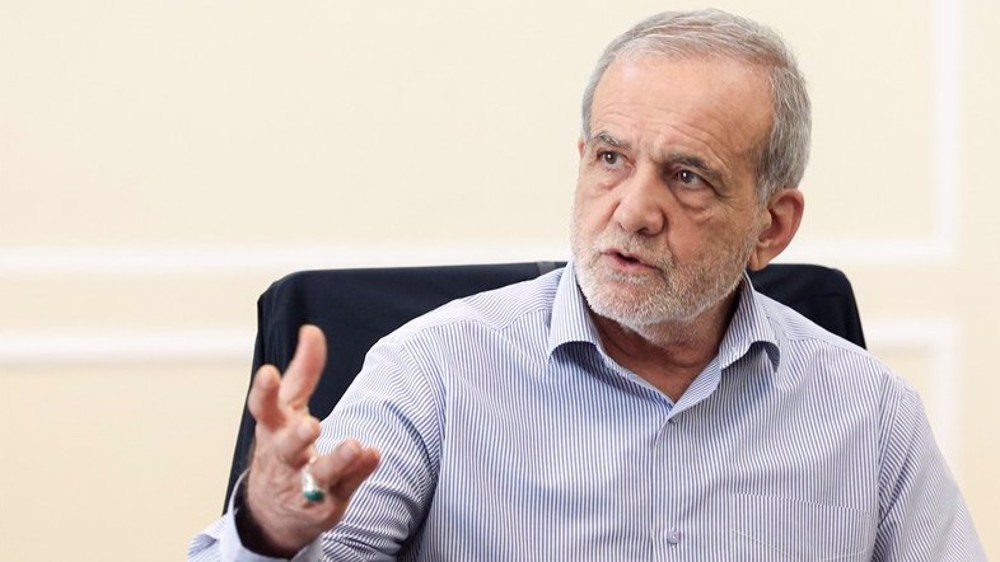Trump admin. finds its ‘maximum pressure’ Iran policy not working: Report
US President Donald Trump's so-called “maximum pressure” policy against Iran has failed, says a report, citing the results of an internal assessment by his administration.
The new report by the International Crisis Group (ICG), called “On Thin Ice,” was released on January 16, the third anniversary of the implementation of the Iran nuclear deal.
“A preliminary internal assessment by the administration described to Crisis Group purportedly concludes that the US approach has yet to curb Iran’s behavior or entice Tehran back to the negotiating table,” the ICG report says, citing an interview conducted by the group with a senior US administration official this month.
The remarks by the official comes as Iran has repeatedly announced the US efforts will fail to “change Iran’s behavior”.
“If you look at the range of ultimate objectives different people [in the US administration] have in mind, from protests… to change of behavior, to the Iranians coming back to the negotiating table, none of that is happening,” Ali Vaez, director of the ICG’s Iran Project, told Al-Monitor on Thursday.
Frustrated with his Iran policy, some members of the Trump administration may be trying to provoke some kind of crisis between Iran and the International Atomic Energy Agency (IAEA) in order to get the Islamic Republic to leave the nuclear agreement, said former US nuclear negotiator Richard Nephew.
“Everyone [in the Trump administration] is upset that the Iranians keep being able to cite that the IAEA has said once again they are in full compliance,” Nephew, now with Columbia University, told Al-Monitor.
Kelsey Davenport of the Arms Control Association says any effort by the Trump administration to try to politicize the IAEA inspections process would be deeply troubling.
“The IAEA clearly states that inspectors have had access to all the sites in Iran they have requested to visit,” Davenport told Al-Monitor. “The IAEA has a process for evaluating information from member states and the agency should examine information provided by Israel, and if it wants inspectors visiting a site, it is important the IAEA take that step.”
“Maintaining the IAEA’s independence is critical for the integrity of the agency,” she said. “The US and Israel must respect the IAEA’s processes for evaluating information and deciding whether or not to act on it. Politicizing the inspections process only damages the IAEA’s credibility.”
The United States in November announced re-imposition of the “toughest” sanctions ever against Iran in an attempt to curtail the country’s oil exports and put extra pressure on its economy.
The results of the Trump administration’s recent assessment of its policy are particularly important as the White House believed the pressure campaign would force Iran to abandon its nuclear and missile programs while rolling back Tehran’s influence in the Middle East region.
However, the campaign was not promising for the US from the first place as Secretary of State Mike Pompeo admitted that Washington had failed to get the main buyers of Iranian oil to tag along, and had to grant temporary waivers to China, India, South Korea, Turkey, Italy, Greece, Japan and Taiwan.
Read more:
UN Special Rapporteur Francesca Albanese roasted over critical comments
VIDEO | Leader: US won't be able to destroy Islamic Republic
Iran MPs: Leader’s remarks disrupted enemy’s warlike equations
Over 80 film figures condemn Berlinale for ‘silence’ on Gaza
Trump's son invests in Israel's ‘low cost-per-kill’ drone company
Over 80 countries condemn Israel’s settlement expansions in West Bank
VIDEO | Gaza mothers in Italy recount horrors of Israel's genocide
President underlines Leader’s oversight of nuclear negotiations; rules out ‘talks for talks’ sake’












 This makes it easy to access the Press TV website
This makes it easy to access the Press TV website